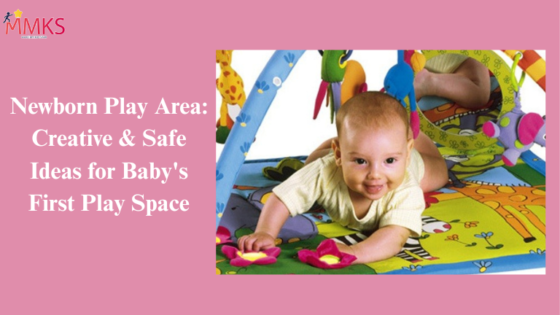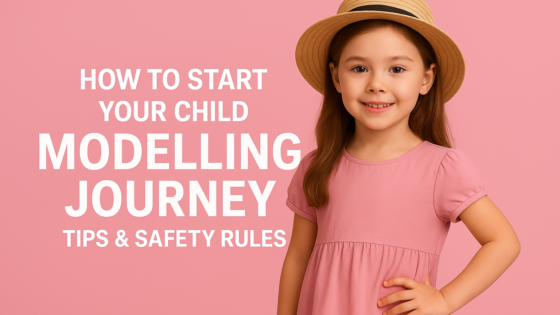- Introduction
- What is Authoritative Parenting
- Examples
- Benefits
- How to Practice
- Tips for Implementing
- Authoritarian vs. Authoritative Parenting
- Conclusion
When it comes to parenting, finding the right balance between nurturing and setting boundaries is key.
A style that strikes this balance effectively, promoting independence while maintaining structure. In this blog post, we will delve into the concept and explore how it can help you raise confident and responsible children.
What is Authoritative Parenting?
A balanced approach that combines high levels of warmth, support, and communication with clear and consistent boundaries. Unlike authoritarian parenting, which tends to be strict and controlling, it values independence, autonomy, and open dialogue between parents and children. You can create a nurturing and supportive environment by setting reasonable expectations and rules while also being responsive to your child’s needs and emotions.
Examples | Parenting Tips
- Setting Limits: An example is setting clear and consistent limits for your child, such as bedtime routines or screen time limits. By establishing these boundaries, parents provide structure while allowing their children to learn responsibility and self-control.
- Encouraging Independence: Another example of encouraging independence is allowing children to make age-appropriate choices and learn from their mistakes. This fosters confidence and problem-solving skills in children.
- Open Communication: Authoritative parents maintain open communication with their children, listening to their feelings and opinions without judgment. This builds trust and strengthens the parent-child relationship.
Benefits | Parenting Tips
- Promotes healthy development: It has been linked to better academic performance, social skills, and emotional well-being in children.
- Builds strong parent-child relationships: By fostering open communication and mutual respect, helps strengthen the bond between parents and children.
- Encourages self-discipline: Children raised in an authoritative environment learn to regulate their behavior and make responsible decisions.
- Reduces behavioral issues: Research shows that children of authoritative parents are less likely to engage in risky behaviors or exhibit conduct problems.
How to Practice Authoritative Parenting
- Set clear expectations: Communicate your rules and expectations to your children, emphasizing the reasons behind them.
- Be responsive: Listen to your child’s thoughts and feelings, and validate their emotions while offering guidance and support.
- Use positive discipline: Instead of punishment, focus on positive reinforcement and logical consequences to teach your child the impact of their actions.
- Encourage independence: Foster autonomy by giving your child opportunities to make choices and learn from their experiences.
- Maintain consistency: Be consistent in your approach to discipline and follow through with consequences to establish trust and credibility.
Tips for Implementing
- Practice active listening and empathy to understand your child’s perspective.
- Use praise and encouragement to reinforce positive behavior.
- Set aside quality time to connect with your child and nurture your relationship.
- Model the behavior you want to see in your child, such as respect, responsibility, and problem-solving skills.
- Seek support and guidance from parenting resources, professionals, or support groups when needed.
Authoritarian vs. Authoritative Parenting
Conclusion
In conclusion, it is a powerful approach that promotes positive parenting outcomes and fosters healthy child development. By balancing warmth and structure, authoritative parents can raise confident, responsible children who thrive in various aspects of their lives.
Embracing the principles of Balanced Parenting can transform your parenting journey and create a loving, supportive environment for your family. So, why not give it a try and see the difference it makes in your child’s life?
Remember, by embodying the principles of positive parenting, you can set your child up for success and nurture a strong parent-child bond built on trust, communication, and mutual respect.



































